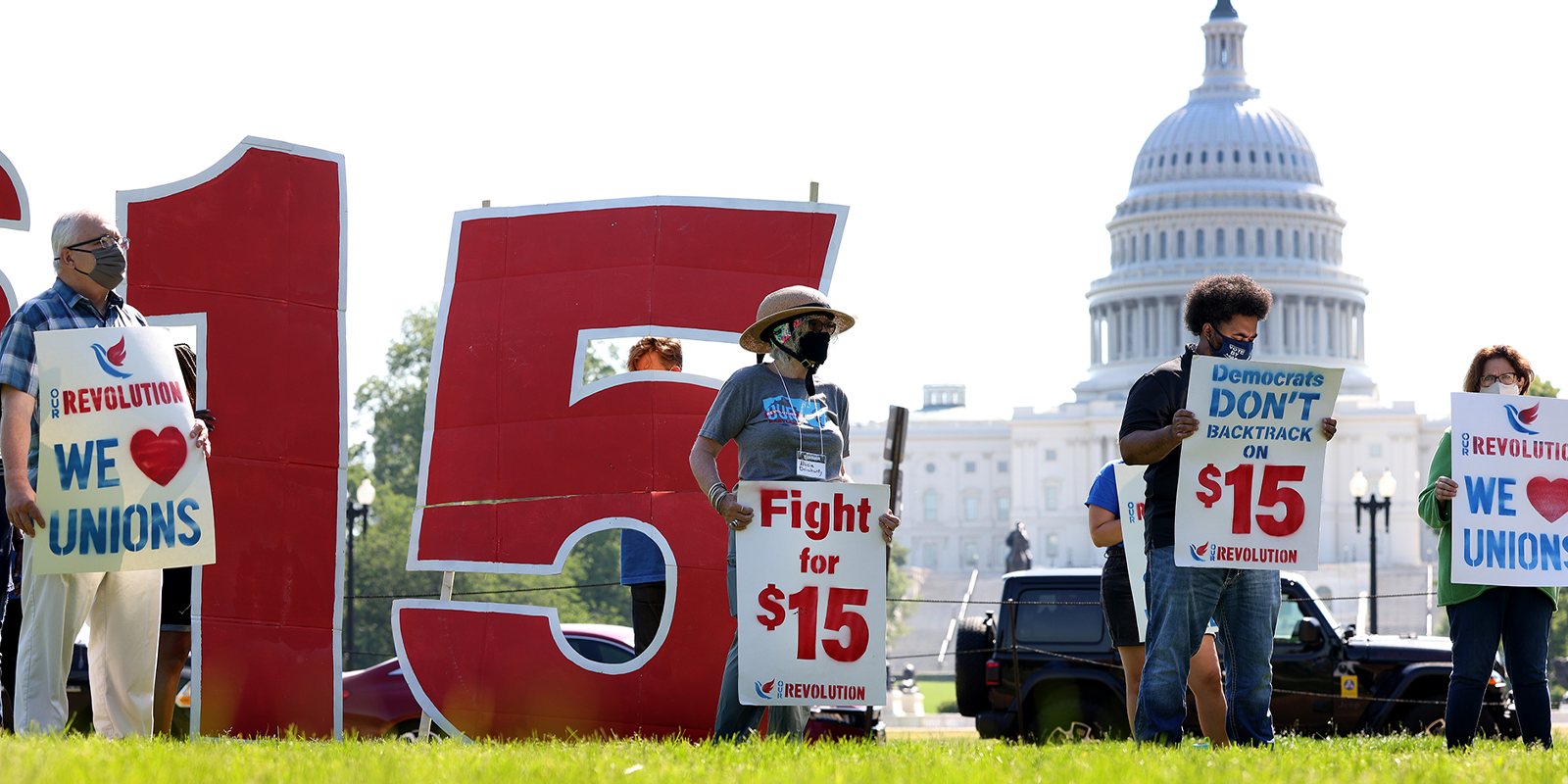Some 765,000 workers – especially those earning low wages – are getting a much-needed pay raise this summer.
That’s because 19 state and local governments are raising their minimum wages over this summer, according to the Economic Policy Institute. They include three states – Connecticut, Nevada and Oregon – plus Washington, D.C., and 15 cities and counties.
About two-thirds of the workers who will benefit from these increases either live in poverty or below twice the poverty line. And a disproportionate number of them are women, Black and Latino workers.
“The minimum wage increases implemented by states and localities this summer are essential for improving the lives of low-wage workers, addressing income inequality, and fostering a more equitable economy,” wrote EPI’s Sebastian Martinez Hickey. “These wage hikes will provide financial relief and protect workers from the impacts of inflation in a labor market that is inherently unequal.”
AFSCME welcomes these actions, but more needs to be done. For starters, Congress must raise the federal minimum wage to at least $15 an hour.
The Fight for $15, a worker movement demanding $15 an hour, began more than a decade ago. Since then, inflation, especially the surge in prices that began in 2021 and continues to this day, has eaten away at workers’ wages.
As some have pointed out, inflation affects low-wage workers the most, including those who earn the minimum wage.
Our union is a strong supporter of the Fight for $15. In addition, we have strongly supported the Raise the Wage Act, which was approved by the House of Representatives in 2019 but failed to become law. The bill would have increased the federal minimum wage to $15 an hour and eliminated the subminimum wage for tipped workers.
The federal hourly minimum wage is just $7.25 an hour and it hasn’t budged since July 2009 – during President Barack Obama’s first year in office.
AFSCME has long advocated for living wages for all workers. For example, at our 2018 International Convention, we resolved to “support and lobby in favor of living wages for American workers, in cities, states and other localities across the country.” And in 2022, we renewed our support for “policies that support working people, including increased minimum wages.”
Only four states now have minimum wages that are $15 or above: California ($15.50), Connecticut ($15), Massachusetts ($15) and Washington ($15.74). Some large cities do, too: New York ($15), Portland ($15.45), Seattle ($17.27) and Washington, D.C. ($17).
But what’s really striking is that in 20 states, workers still earn the federal minimum of $7.25, either because the state minimum is the same or because none is required.
